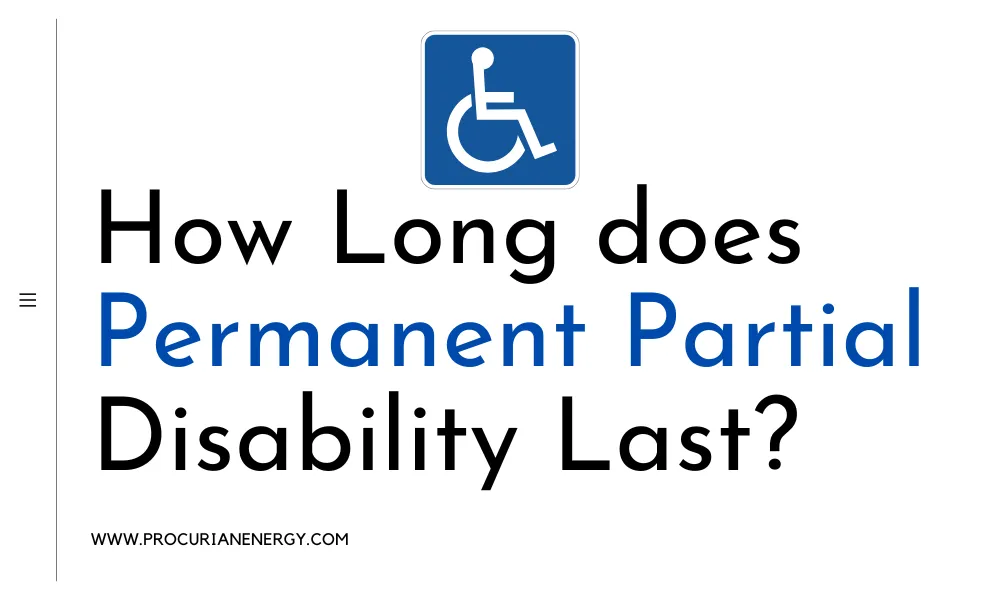Buying a car is an exciting milestone, but not everyone can afford to pay for it all at once.
This is where auto finance comes in, allowing you to purchase the car you want while paying for it over time.
However, before entering the auto loan industry, it is vital to understand the requirements for car finance in Australia to prevent unpleasant surprises later on.
Types of Car Finance in Australia

- Secured Car Loan – This type of loan requires you to use the car you’re buying as collateral. If you can’t make the payments, the lender can take the car back.
- Unsecured Car Loan – Unlike a secured loan, an unsecured loan doesn’t need collateral, but it often comes with higher interest rates.
- Novated Lease – A novated lease is a popular choice for employees. Your employer pays for the car lease out of your pre-tax income, which can result in tax benefits.
- Chattel Mortgage – Primarily for businesses, a chattel mortgage allows you to own the car from the beginning and the car itself acts as security for the loan.
- Hire Purchase – In a hire purchase agreement, you pay for the car in installments while using it. Once you finish the payments, ownership transfers to you.
Requirements for car finance in Australia
In Australia, if you want to get car finance (a loan to buy a car), you need to meet certain conditions. These requirements are:
1) Age – You must be at least 18 years old to apply for car finance in Australia.
2) Citizenship or Residency – You should be an Australian citizen or a permanent resident.
3) Employment and Income – Lenders want to make sure you have a steady job and enough income to pay back the loan.
4) Credit Score – A good credit history helps. It shows that you have managed your past debts responsibly.
5) Documentation – You’ll need to provide necessary documents like: incomeresidency.
Also See: How Many Mortgages Can You Have?
Specific Requirements for Different Car Finance options
There are some special requirements for different car finance options in Australia:
A. Secured Car Loan
- The car you’re buying acts as collateral for the loan.
- Lenders usually finance a percentage of the car’s value and you pay the rest as a down payment.
- Lenders assess your ability to repay the loan based on your income and expenses.
B. Unsecured Car Loan
- Since there’s no collateral, lenders focus more on your credit score and income.
- Interest rates might be higher, and loan terms might be shorter compared to secured loans.
C. Novated Lease
- Your employer must agree to participate in the novated lease.
- You can include additional expenses like insurance and maintenance in the lease.
- Novated leases can offer tax benefits, saving you money.
D. Chattel Mortgage
- Business Use Eligibility: Chattel mortgages are generally for business purposes.
- GST Considerations: Some businesses can claim the GST paid on the car as an input tax credit.
- Asset Ownership: You own the car from the start, and the lender takes a mortgage over the vehicle.
E. Hire Purchase
- You might need to make a down payment at the beginning.
- Once you complete all the payments, the car becomes yours.
Car Loan Calculator Australia
Car Loan Calculator
Common mistakes to avoid while financing a car in Australia
- Ensure you can comfortably afford the monthly repayments.
- Read the loan agreement carefully to understand all costs involved.
- Avoid neglecting your credit score or applying for loans without knowing where you stand.
- While longer loan terms may result in lower monthly payments, they can lead to higher overall costs due to accruing interest.
- Avoid financing a vehicle that may not suit your lifestyle or family requirements in the long run.
Financing a car through a dealership

Financing a car through a dealership in Australia means getting a loan to help you buy a car from the dealership.
It’s like borrowing money from a bank or a finance company, but the dealership arranges it for you.
Here’s how it works (Step-by-step guide):
Step 1 (Choose a Car) – First, you pick the car you want to buy from the dealership. They usually have a variety of cars to choose from.
Step 2 (Talk to the Dealer) – Once you’ve decided on a car, talk to the dealership’s finance department. They will explain the loan options they have available.
Step 3 (Loan Application) – You’ll need to fill out an application form for the loan. The dealership will ask for some basic information like your name, address, job, and income.
Step 4 (Credit Check) – The dealership will also check your credit history to see if you’ve paid your bills on time in the past. This helps them decide if they can give you a loan and what interest rate you might get.
Step 5 (Loan Approval) – If your application is approved, the dealership will let you know the loan amount, interest rate and monthly payments you need to make.
Step 6 (Sign the Documents) – If you agree with the loan terms, you’ll need to sign some documents to finalize the deal.
Step 7 (Drive Away) – Once everything is done, you can drive away with your new car! You’ll need to make regular payments to the dealership until you pay off the loan.
What is minimum credit score for car loan Australia?
A credit score of around 600 or higher is considered acceptable for car finance.
A higher credit score increases your chances of loan approval and may result in lower interest rates.
Also See: How Can You Reduce Your Total Loan Cost?
How many payslips do you need for car finance?
For car finance, you typically need to provide the lender with your most recent two to three payslips.
These payslips show your income and help the lender assess your ability to repay the loan. Payslips make the loan application process easier and faster.
Note: Remember to keep your payslips updated and handy when applying for car finance to increase your chances of approval
Is it hard to get a car loan in Australia?
Getting a car loan in Australia can be both easy and challenging.
If you meet the eligibility criteria like age, citizenship, steady income, and a good credit score, it’s relatively straightforward.
However, if you have a low credit score, unstable income or no collateral for a secured loan, it can be difficult.
Can foreigners get car loan in Australia?
Yes, foreigners can get a car loan in Australia. Many lenders offer car finance options to non-residents, including temporary visa holders and working holiday visa holders.
To be eligible, foreigners must meet certain criteria such as having a valid visa, a stable income source and a good credit history. Some lenders may require a larger down payment from non-residents.
How long are car loans in Australia?
Car loans in Australia typically have a duration of 1 to 7 years. The length of the loan depends on factors like the lender’s terms, the amount borrowed and the borrower’s repayment capacity.
What is the average car payment Australia?
The average car payment in Australia is around $400 to $600 per month for their car loans.
FAQs related to Car Financing in Australia
Can I get car finance with bad credit?
It’s possible, but interest rates may be higher. Improve your chances by offering a larger down payment.
What’s the minimum age to apply for car finance?
Typically, you must be at least 18 years old to apply for car finance in Australia.
Do I need a deposit for car finance?
Some lenders may require a deposit, but there are no-deposit options available.
Can I finance a used car?
Yes, car financing is available for both new and used cars.
What’s the loan term for car financing?
Loan terms usually range from 1 to 7 years.
Can I pay off the loan early?
Yes, but check for any early repayment fees in your loan agreement.
Are there tax benefits for business car finance?
Yes, certain car financing options may offer tax deductions for business use.
Can I refinance my car loan?
Yes, refinancing can help get better terms or lower interest rates.
Can I get pre-approved for car finance?
Yes, pre-approval gives you an idea of how much you can borrow before car shopping.
Can I include additional costs in the car loan?
Some lenders allow adding insurance, registration and other costs to the loan amount.
Can I negotiate the interest rate?
You can try negotiating the rate, especially if you have a good credit score.
What happens if I miss a payment?
Late payments may incur penalties, impact your credit score and risk vehicle repossession.
Can I get car finance as a temporary resident?
Some lenders offer car finance to temporary residents with valid visas.
Can I transfer the car loan to someone else?
Transferring the loan to another person may not be allowed; check with the lender.
Is car finance interest tax-deductible?
Interest deductions may be applicable for business car finance; consult a tax advisor.
Can I get car finance with no credit history?
Having no credit history can make approval challenging but some lenders consider other factors.
Final Thoughts
Understanding the requirements for car finance is important before embarking on your car-buying journey.
Each type of finance option has specific eligibility criteria and meeting these requirements increases your chances of approval.
Take the time to compare different loans and lenders to find the best fit for your financial situation.
As a consequence, you’ll be able to drive away with confidence and peace of mind in your new vehicle.
![How Much is a Wedding Photographer & Videographer? [2023-Updated] How Much is a Wedding Photographer & Videographer](https://procurianenergy.com/wp-content/uploads/2023/07/How-Much-is-a-Wedding-Photographer-Videographer-1024x597.webp)








